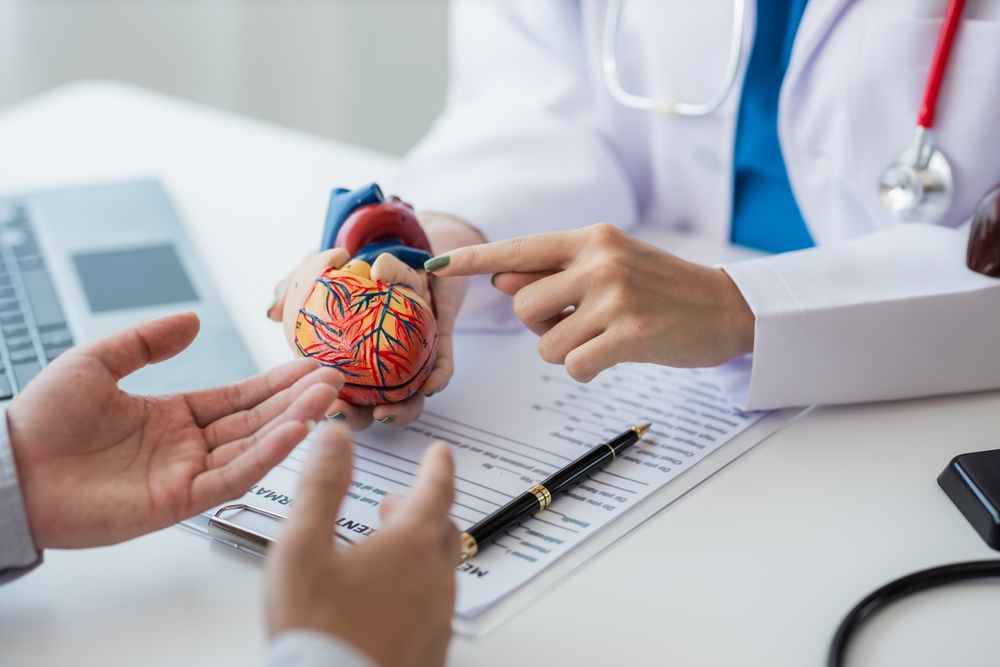Depression, also known as major depressive disorder, is more than just feeling sad or going through a rough patch. It is a serious mental health condition that affects millions worldwide, impairing daily functioning and overall quality of life. Depression is one of the leading causes of disability globally, affecting individuals of all ages and backgrounds. The condition often manifests as persistent feelings of sadness, loss of interest in activities, fatigue, and difficulty concentrating. When left untreated, depression can lead to severe emotional and physical health consequences, underscoring the need for timely intervention and support.

Red Flag Signs of Depression
Identifying the signs of depression is crucial for seeking appropriate treatment. While symptoms can vary, some key indicators should not be ignored:
- Persistent feelings of sadness, hopelessness, or emptiness
- Loss of interest in hobbies or activities that were once enjoyable
- Significant changes in appetite or sleep patterns
- Fatigue or lack of energy
- Difficulty concentrating or making decisions
- Unexplained aches, pains, or physical discomfort
- Thoughts of self-harm or suicide
For many women, depression can present specific challenges. Hormonal changes during pregnancy, menopause, or menstruation can exacerbate symptoms, making it important to recognize red flag signs of depression unique to women. Similarly, men may experience irritability, anger, or reckless behavior instead of typical emotional symptoms, which often leads to underdiagnosis.
If You Have Depression, Do This Immediately
If you suspect you are experiencing depression, taking immediate steps can prevent the condition from worsening. Here’s what you should do:
- **Reach out for help**: Contact a trusted healthcare provider or mental health professional for an evaluation. Early intervention is key.
- **Lean on a support system**: Confide in family, friends, or support groups who can offer emotional and practical assistance.
- **Educate yourself**: Learn about the condition through reliable sources, such as the National Institute of Mental Health (NIMH) or HelpGuide.org.
- **Prioritize self-care**: Focus on proper nutrition, sleep, and physical activity to support mental well-being.
Taking action can feel overwhelming, but it’s the first step toward recovery. Professional treatment and self-care strategies combined can lead to significant improvements.
Effective Treatments for Depression
Depression is highly treatable with a variety of approaches tailored to individual needs. Treatment options often include a combination of therapy, medication, and lifestyle adjustments. According to the Mayo Clinic, effective depression treatments may involve:
- **Psychotherapy**: Cognitive-behavioral therapy (CBT), interpersonal therapy, and other evidence-based techniques help address negative thought patterns and emotional distress.
- **Medication**: Antidepressants, such as SSRIs or SNRIs, help regulate brain chemistry to alleviate symptoms. A healthcare provider can determine the most appropriate prescription.
- **Lifestyle changes**: Incorporating exercise, stress management, and a healthy diet can enhance overall mood and resilience.
- **Alternative therapies**: Options like mindfulness meditation, acupuncture, or light therapy may provide additional benefits for some individuals.
Treatment-resistant depression, a condition where symptoms persist despite standard therapies, may require advanced interventions. The team at Johns Hopkins Medicine highlights emerging treatments such as transcranial magnetic stimulation (TMS) and electroconvulsive therapy (ECT), which can offer hope for individuals with severe depression.
Why Early Diagnosis and Treatment Matter
The earlier depression is recognized and treated, the better the outcomes. Delayed treatment can exacerbate symptoms, leading to a decline in personal relationships, work performance, and overall health. Major depression, in particular, requires a comprehensive approach that addresses both immediate and long-term needs.
Early diagnosis also helps prevent potential complications, such as substance abuse, anxiety disorders, and suicidal ideation. By seeking timely care through trusted healthcare providers, individuals can regain control of their lives and develop tools to manage their mental health effectively.
Depression Treatment in Columbus
For those seeking depression treatment in Columbus, numerous resources are available, including counseling centers, hospitals, and mental health clinics. Local providers offer personalized care tailored to each patient’s needs, ensuring access to evidence-based therapies and support systems.
If you are unsure where to start, resources like the Johns Hopkins Medicine or NIMH provide comprehensive guides to finding treatment options and understanding the condition. Additionally, many clinics offer telehealth services, making therapy accessible from the comfort of your home.
Building a Supportive Environment for Recovery
Recovery from depression is not a solitary process. Building a supportive environment can make a significant difference in treatment outcomes. Here are some ways to foster support:
- **Family involvement**: Encourage family members to learn about depression and participate in therapy when appropriate.
- **Peer support**: Joining support groups or connecting with others who have similar experiences can reduce feelings of isolation.
- **Workplace accommodations**: Open communication with employers about mental health needs can create a healthier work-life balance.
In addition to professional care, loved ones can play a vital role by providing encouragement, listening without judgment, and reinforcing healthy habits.
Conclusion: Finding Hope Through Treatment
Depression can feel overwhelming, but it is a treatable condition with the right combination of professional care and personal support. Recognizing the red flag signs, seeking help immediately, and exploring effective treatment options can set the foundation for recovery. With ongoing advancements in therapy and medicine, individuals experiencing depression have access to tools and resources to lead fulfilling lives.
If you or someone you know is struggling with depression, don’t wait to take action. Seek professional guidance and utilize trusted resources such as HelpGuide.org and NIMH for comprehensive information and support.




